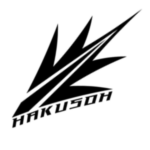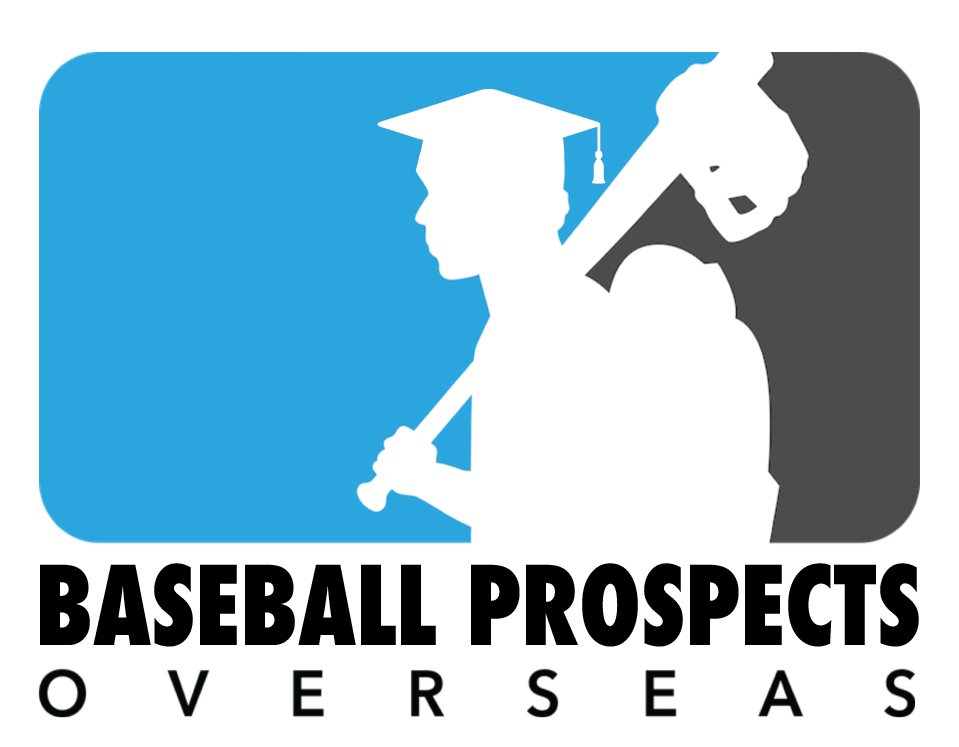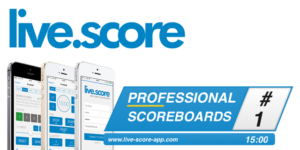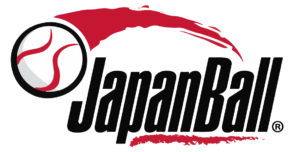There are plenty of opportunities to play professional baseball overseas for both the established and aspiring professional baseball player. Due to the wide spectrum in level of play overseas which offer paid opportunities, there are good fits for players out of the weakest of college conferences as well as for minor leaguers who have had long, successful careers.
This article will outline opportunities for players who are:
- Established, successful pros
- From high level college programs with little or no pro experience
- From low-to-mid level college programs with little or no pro experience
- Late bloomers, recently injured, misfortunate, and foreign talent
- Have mediocre college success or no/few stats online
The article is summarized at the end with some “rules of thumb” for gauging if playing overseas is for you at this point in your career.
Established, Successful Pros
For the established minor leaguers or indy pro players who have had a successful pro career but did not reach their end goal of the MLB, there are plenty of opportunities overseas to continue in the game and it really comes down to what you want out of it and your expectations of level of pay and play. For those with an open mind and are in it to help grow the game while traveling the world, the opportunities are endless. For those who need to play at a level close to what they are used to and are not very flexible financially, the options are fewer.
The established, successful professional fits well with top clubs from top level, first division semi-professional leagues and professional leagues overseas.
Professional Leagues
There are a handful of professional leagues in the summer which actively seek out and import the recently released or those professionals who are looking for a change and have decided to stop chasing the dream and see some of the world. There are also winter overseas opportunities for those currently playing pro ball and want to stay active in the offseason.
The Italian Baseball League (IBL) is probably the pro league of which we receive the most inquiries about for obvious reasons, it is a good league and Italy is one of the most desirable destinations to play baseball overseas. Other than Italy, the Dutch Major League (Honkbal Hoofdklasse) in the Netherlands is the only other pro league in Europe. These two leagues only consider those with a long history of success in indy or pro ball unless holding dual citizenship in Europe, something they hold in high regard as it helps avoid working visa complications and foreigner restrictions.
The MLB originally owned 75% of the Australian Baseball League up until the 2016-2017 season when the Australian Baseball Federation became the sole owners. However the MLB gave the ABL the jumpstart it needed and it is now thriving with ABL.tv broadcasting most games, some high profile signings (Delmon Young, Mark Hamburger) and the addition of numerous sponsors.
The ABL has become a highly sought after winter destination for current affiliated players and in turn competition is getting tougher. The possibilities to sign directly into the ABL are few but the good news is that ABL franchises all utilize the state league first divisions to call up imports, and this has been an in for many of our members.
Below is our Globetrotters youtube series episode featuring members Max MacNabb and Louis Cohen from last year. Both were called up to the ABL and took full advantage of their opportunity. Both soon after signed pro contracts with the Orioles and in the Atlantic League respectively.
The Shikoku Island League and Baseball Challenge League are two independent professional leagues in Japan which fit into the same level of play category as the previously mentioned pro leagues, however the difference between these leagues and the European Leagues is purchasing power. With that being said, these leagues can pay more, thus attracting seasoned professionals and with any remaining budget they spend on a handful they sign out of tryouts held in the U.S. and Japan. In the past importing was very minimal but every year they are importing more and more and as of recently, recruiters from these leagues have agreed to consider our top members without attending tryouts.
Sign up to take your career overseas here.
Similarly but operating on a slightly higher budget level is the Chinese Professional Baseball League, which is the next league on the horizon that is looking to import high level professional players through U.S. based tryouts.
Future prospective leagues for our established professional members may include New Zealand as the ABL looks to expand there and Latin American countries such as the Colombian Professional Baseball League.
Other pro leagues overseas (NPB, KBO, LVPB, etc) have their own scouts and affiliate connections and therefore are beyond the scope of signing our members sight unseen.
Top Level, First Division Semi-Professional Leagues
These are leagues where local players pay to play, but the level is quite good, where clubs have been established for decades and have built up some wealth and operate in a professional manner with good facilities, resources, and highly developed local talent.
These leagues will see each club importing typically 2-5 professional players, typically with a successful minor league or indy pro background. Specifically, the first divisions of A-Pool Europe (Germany, Czech Republic, France). Spain was in the picture until recent import prohibition in 2018 left clubs only seeking imports who hold dual citizenship in Europe (or EU players themselves). Do not be surprised if this rule is thrown out in 2019.
The six state leagues in Australia are comparable to A-Pool semi-pro in level of play and importing, but do not have the financial power of the European clubs and therefore do not pay a salary but provide a side job at $20 AUS/ hour, their minimum wage. The beauty about the six state leagues, is that they act as farm leagues to the Australian Baseball League, which has provided a number of our members the opportunity to showcase their talent, leading to big time exposure and for some, affiliated or indy pro contracts.
Listen to this interview (above) with our former member Tim Brown who has had a long, successful career in indy pro ball and used Australian state leagues as an option to stay active during the winters while also experiencing the Australian culture.
High level Canadian semi-pro leagues are becoming more and more the choice for former minor league, indy pro or talented college players. The level is good and the “set-up” provides for a better standard of living than that of most European or Australian clubs.
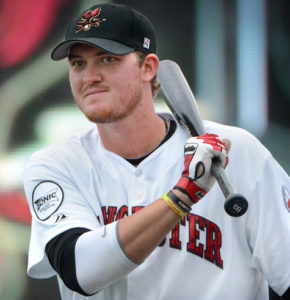
Pro corner infielder Austin Gallagher is loving his transition from indy pro to overseas semi-pro. He has played for top clubs in semi-pro Australia and Germany
The Intercounty Baseball League (IBL) headlines this pack but other competitive leagues in Canada are following suit and have used our website to recruit imports.
It should be noted that clubs in these semi-pro leagues often have a wide discrepancy between the top and the bottom of the league in both level of play and financial capacity. Often the bottom clubs present an opportunity to the talented college grad who has not played pro ball or little of, but is not the ideal club for an established, successful pro player.
The pro’s that land on with the top clubs in these leagues are always happy with their experience because the experience has the pro “feel” to it, with more games than other semi-pro teams including and competitions at the European Cup against the top clubs in Europe which feature pro teams from Italy and the Netherlands.
For the pro player that did not see much success or opportunity and was released, the opportunities mostly lie within the bottom half of these leagues or within mid-level first division semi-pro leagues (D1 B-Pool Europe; Austria, Switzerland, Belgium, Euro Interleague, Sweden).
Players from High Level Colleges with Little/No Pro Experience
It is no secret that number of talented college players from good college programs were either overlooked or not given the opportunity in pro ball they feel they deserved.
The so-called talents that “slipped through the cracks”. These are the players that often find a name for themselves overseas and that clubs overseas drool over because they are still hungry and they have something to prove, provided they have the right mindset for baseball overseas and do not get frustrated because they feel they should be playing at a higher level.
Sign up to take your career overseas here.
These players typically start their overseas career in top level, first division semi-professional leagues (A-Pool Europe, Canada, Australian state leagues as described above) and sometimes work their way into professional leagues overseas or into indy pro or affiliated ball. Some decide to forgo the indy pro route and travel the world year-round for years to come at this same level before hanging them up.
Jack Shannon (University of San Diego) is an overseas veteran and IBC member who has traveled the world and in 2017 played in a semi-pro league in Canada. He had nothing but good things to say about his experience and the surprisingly high level of ball he experienced. Check out Jack’s Globetrotters youtube episode showcasing his experience.
Some of these players perhaps had sub-par stats but because of the level they played at, will still receive good interest from high level semi-pro clubs overseas as well as from mid-level first division semi-pro leagues (D1 B-Pool Europe; Austria, Switzerland, Belgium, Euro Interleague, Sweden)
Players from Low/Mid Level Colleges with Little/No Pro Experience
As long as a player has good, recent statistics that are verifiable online from a college program, they have a good shot at receiving offers from a club overseas, regardless of the college level they played at.
These players often receive offers from a wide spectrum of leagues ranging from lower ranked clubs in top level semi-pro leagues (described above), to mid-level semi pro (B-Pool Europe described above) down to second and third divisions of European countries.
In fact, there are more total opportunities for college grads with little or no pro experience than there are for those who do, especially if they are open to playing at level overseas that is a low college level (2nd, 3rd divisions).
Jimmy Jensen is a graduate of Menlo University (NAIA) who spent a year in the Pecos league where he was a top pitcher. He first took his career overseas to play in Austria (B-Pool Europe) in 2015 and after dominating the league created a name for himself. He has since played twice in Australia, in France, Germany and now will play in a top Canadian semi-pro league in 2018. Jimmy has received a number of professional offers from independent teams in the U.S. but has decided to continue traveling the world to places he has never been using baseball as his ticket. In this Globetrotters episode from 2017 Jimmy tells us his story.
Late Bloomers, Recently Injured, Misfortunate, Foreign talent
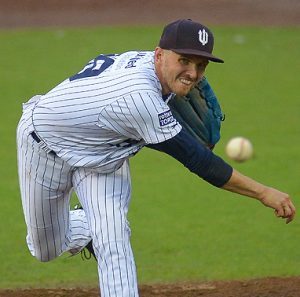
Czech pitcher Jan Tomek was our first European born member (Czech) and since signing up has played in Germany, Australia, and the Netherlands
Overseas is a great route for those who still have a lot to offer but their careers have taken a seemingly less-than-normal path that has left them on the sidelines. I say “seemingly” because you would be surprised how common it is to have missed entire college seasons because of an injury, family emergency, or because they took a back seat to some super stud. Sometimes they didn’t play college ball at all simply because they were not born in a country with the same opportunities in baseball, but yet are very talented. It is the overseas success stories of our members with these stories of which we take the most pride in.
So why is it that overseas can provide a path for these players? Simply put, because it is not just their playing ability that clubs value, it is also their coaching experience, ability to motivate, and sometimes just because they are a more affordable option with high potential ROI (return on investment).
There are countless stories of our members coming back from injuries through the overseas route. Most recently IBC member Dustin Ward won the German Bundesliga North Best Pitcher award in 2017, two years after TJ surgery and has since re-signed with his team. Dustin used Austria as his comeback start end worked his way to Australia and Germany. Here is an old story from 2014 of two pitchers who came back from arm injuries to play overseas with success.
Every year, more and more second and third division clubs from around Europe and Australia are looking to import players who not only can play, but are also passionate about making a difference and can make a massive impact on the development of their players from the youth upwards. It is a win-win situation as the club provides a foot-in-the-door opportunity for the player which can lead to offers from better leagues, while the club benefits from the talented yet knowledgeable player who is looking to jumpstart a professional career overseas.
The biggest lower division import markets are in Austria, Australia, Belgium, France, and Germany. There are also first divisions of countries which are a little less developed which provide similar opportunities such as Poland, Hungary, Slovakia, United Kingdom and Bulgaria.
Mediocre College Background or No Verifiable Stats Online
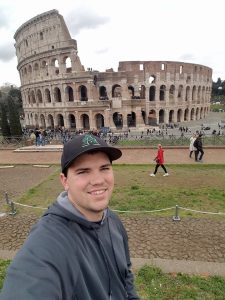
Josh Wyant plays in Europe every summer despite not having a very strong college background
If your college numbers are average or even above average but not jumping off the page, you often will not receive much interest unless you can add value in some other way. Typically IBC staff seek out added value by asking potential members who fall in this category if they have:
- experience coaching youth
- experience hitting if they are a pitcher
- experience pitching, catching or playing shortstop, even as far back as high school since the positions are in higher demand overseas to fill with foreign talent
- the ability to pay their flight and/ or a willingness to work in exchange for housing and a roster spot
The more boxes we can check here, the more chance they can get their foot in the door somewhere and jumpstart an overseas career.
Josh Wyant is the epitome of added value and has used his ability to pitch, hit, coach and pay his flight to find a niche for himself overseas and eventually receive fully compensated offers. Josh is going into his 5th season in Europe in 2018. He spends the winter working and saving money in order to fund some traveling during the summers during time off from the season.
Rules of Thumb
Playing “Pro” ball overseas is a different beast than pro ball in the U.S. and there are certain people that thrive in the overseas environment and some that don’t. Here are some rules of thumb to go by to help determine if overseas is the right answer for you at this point in your career.
- If you are chasing the MLB dream overseas is not yet the route. Some have used it to get into affiliated or indy pro ball, but there have been zero cases to-date of imports overseas making it to the MLB.
- Clubs overseas want players who will dominate, not just be good. Therefore you can expect to attract clubs in leagues of which you would be a dominant player, meaning a level likely lower than you are used to.
- There is not a lot of money overseas, so do not expect to save much unless you end up with a top semi pro, EU pro, in Japan, or possibly the ABL. However you can expect to at least earn enough to cover your living expenses including flight.
- Those who thrive tend to be leaders, who like to share their knowledge and want to make a major impact in the game wherever they go
- Semi-pro leagues tend to want you to help in some capacity with the development of their payers, whether at the youth or adult level.
- Most semi-pro leagues operate on weekends and practice 2-3 times per week.
- In European imports are not permitted to work on the side unless they secure a work visa, which is not easy to do.
- Expect to have more time on your hands than you are used to. A small saving for travel is recommended or come prepared on how you are going to spend your time off the field.
To get started on taking your career overseas today you can sign up here. For feedback on what your chances are and in which leagues, feel free to contact the CEO and Founder of the Baseball Jobs Overseas website, David Burns at dburns@baseballjobsoverseas.com.
Related articles:
Baseball overseas is a better option for pro’s than you may think
Professional women’s fastpitch softball overseas is a thing now for college grads
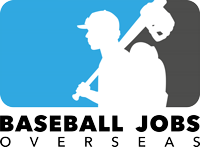
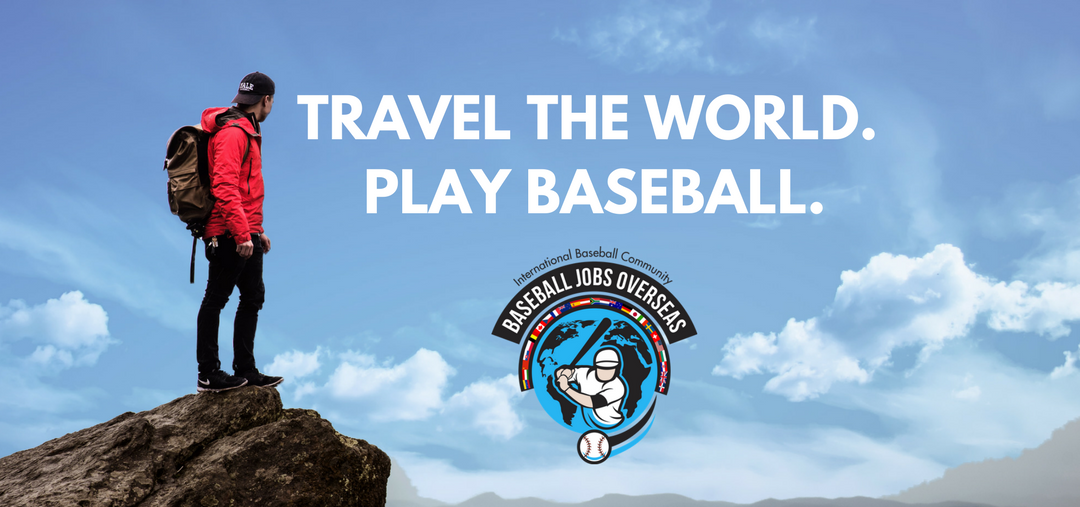
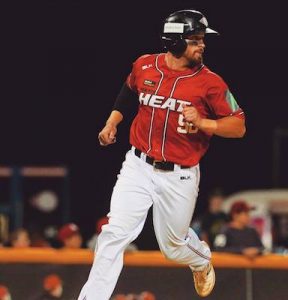
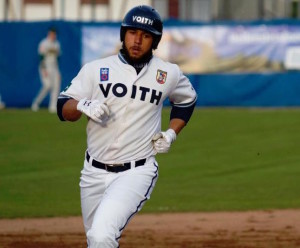
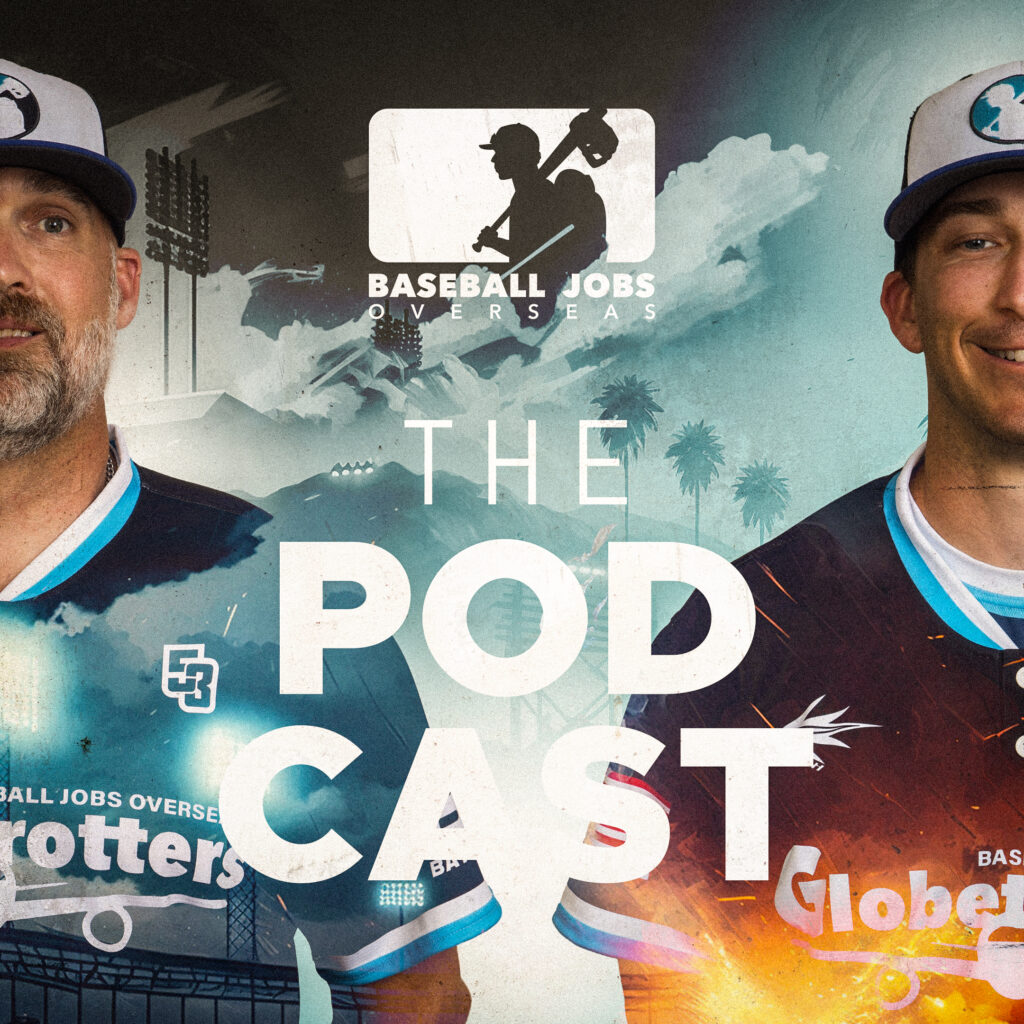
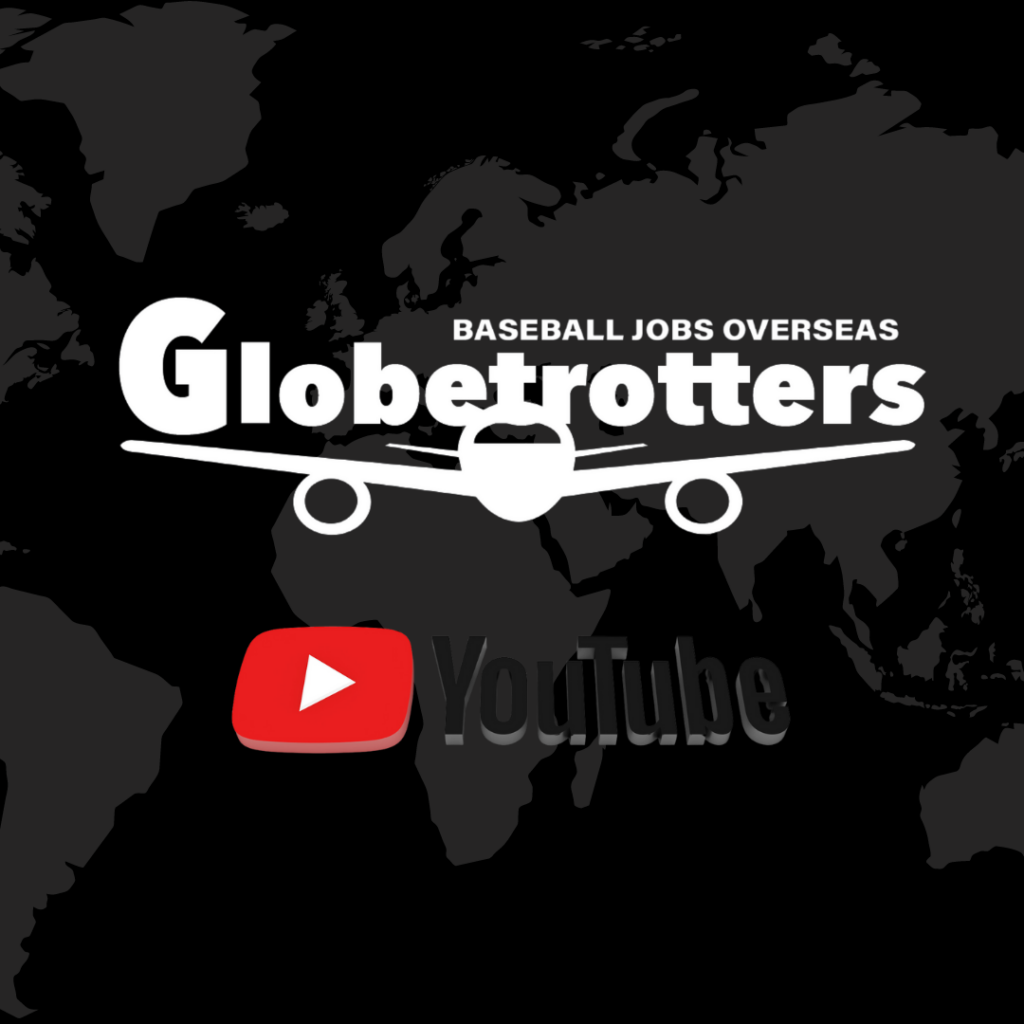
 Moonshot is a baseball apparel company based out of Mannheim, Germany, and is owned and operated by a good friend of ours, Juan Martin. What separates Moonshot from the other companies we have used in the past, is the value for your money and the customer service. You will not find prices like this in Europe or someone that responds faster.
Moonshot is a baseball apparel company based out of Mannheim, Germany, and is owned and operated by a good friend of ours, Juan Martin. What separates Moonshot from the other companies we have used in the past, is the value for your money and the customer service. You will not find prices like this in Europe or someone that responds faster. 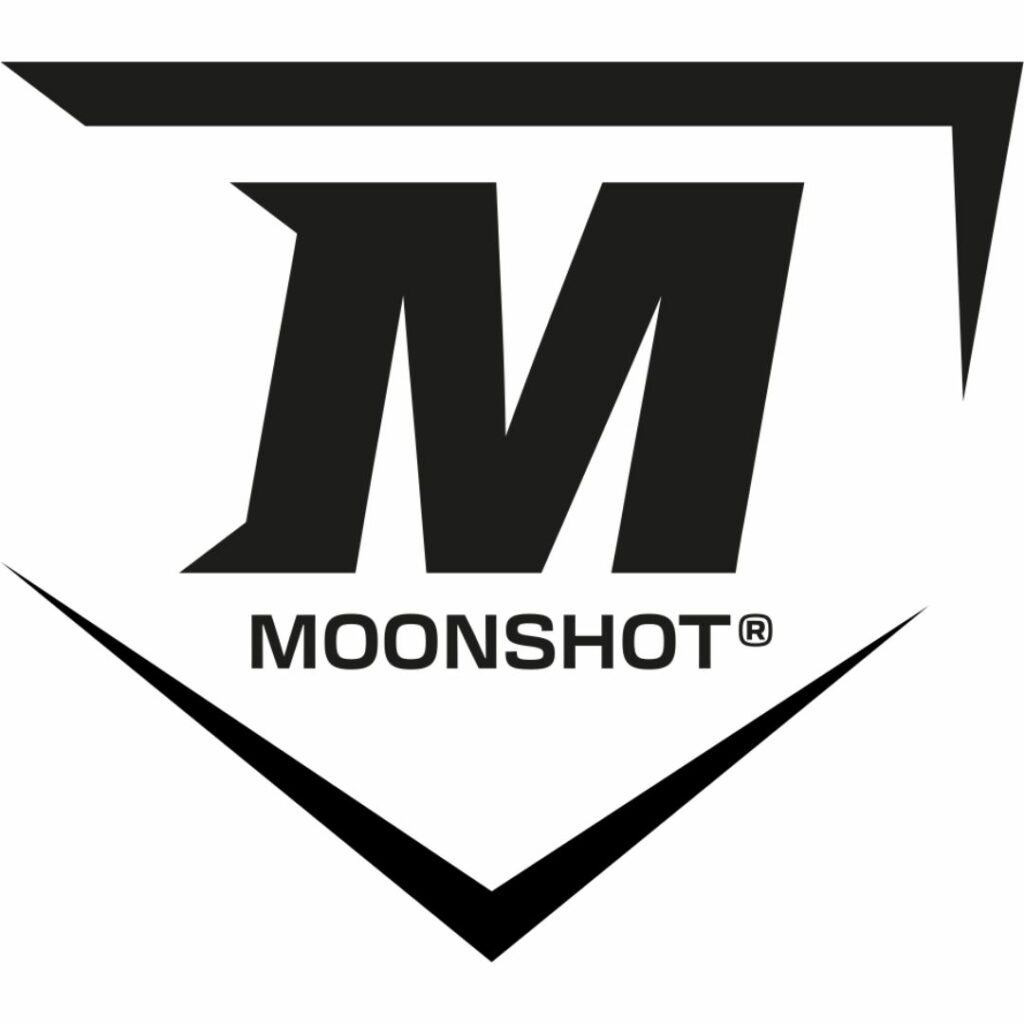
 High end, professional wood and composite bats with a wide selection of models using many different types of wood from Japan, North American and Taiwan. Hakusoh Bat is approved with the WBSC and across Europe.
High end, professional wood and composite bats with a wide selection of models using many different types of wood from Japan, North American and Taiwan. Hakusoh Bat is approved with the WBSC and across Europe. 